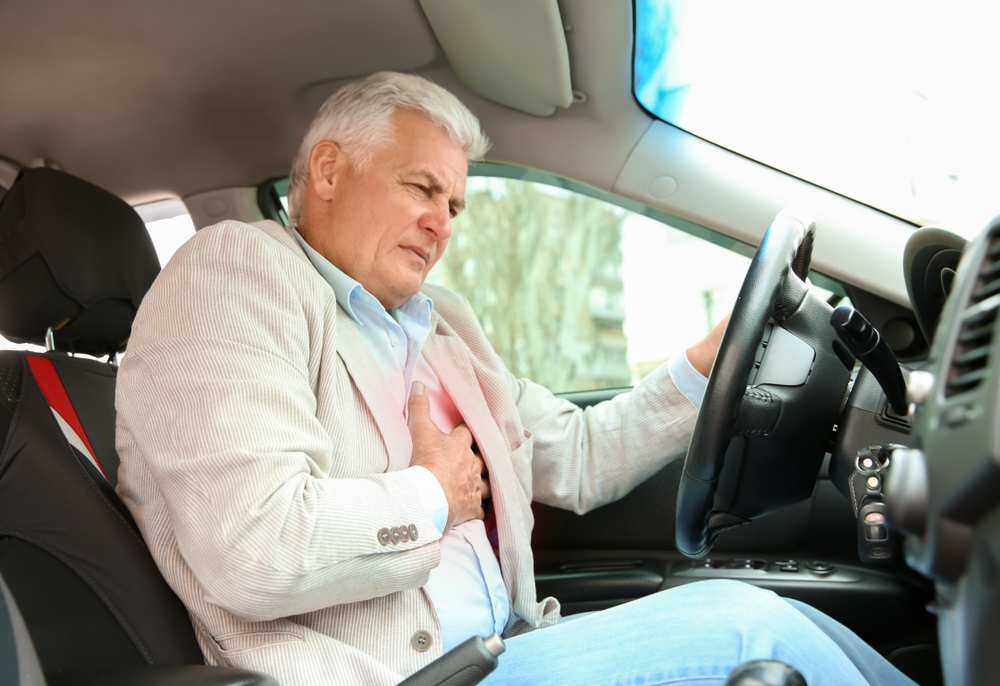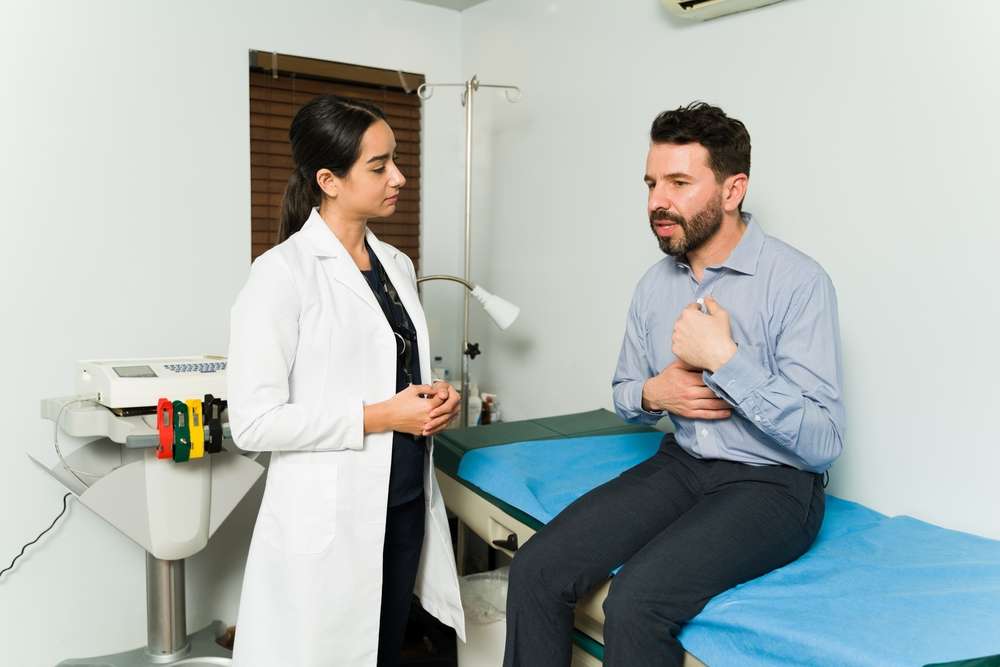
Why Does Chest Pain Appear Days Later After Car Accident?
The body’s initial response to trauma includes a surge of adrenaline and endorphins, natural painkillers that can temporarily mask pain and discomfort. As these levels decrease, previously unnoticed injuries can start to manifest pain. Chest pain, in particular, can be delayed due to several factors, including the gradual development of inflammation, internal bruising, or even the onset of stress-related symptoms that emerge well after the event. The timeline for delayed symptoms varies, with some individuals experiencing pain immediately and others noticing symptoms days to weeks later, highlighting the body’s complex and varied response to trauma.
Learn more about other delayed injuries after a car accident
Common Causes of Delayed Chest Pain Post-Accident
Several medical conditions can underlie delayed chest pain following a car accident. Here are five common causes:
- Internal Bruising: The impact of a collision can cause bruising to chest muscles and internal tissues, which might not become painful until the bruising worsens.
- Muscle Strain: Sudden, forceful movements during an accident can strain chest muscles, leading to delayed pain as inflammation sets in.
- Rib Fractures: Small cracks or fractures in the ribs may not be immediately noticeable until they start affecting surrounding tissues and organs, leading to pain.
- Whiplash-Related Injuries: Although primarily associated with neck injuries, the forceful back-and-forth movement can also strain chest muscles.
- Internal Organ Damage: Damage to internal organs, such as the heart or lungs, may not show immediate symptoms but can result in chest pain as the condition progresses.
Understanding these conditions is essential, but it’s equally important not to self-diagnose. Each of these conditions requires a professional diagnosis and an appropriate treatment plan.
Signs of Delayed Chest Pain To Look Out For
Recognizing the symptoms that accompany delayed chest pain is crucial for timely intervention. Symptoms to watch for include:
- Difficulty Breathing: Struggling to breathe normally, which may indicate lung involvement or severe muscle strain.
- Persistent Pain: Pain that doesn’t subside with rest and persists for days.
- Dizziness: Feeling lightheaded or dizzy, potentially signaling blood circulation issues.
- Visible Bruising or Swelling: Any noticeable changes in skin color or swelling in the chest area.
- Sharp Pains When Breathing or Moving: Indicative of potential rib damage or severe muscle strains.
Treatment Options for Delayed Chest Pain

When to Seek Specialized Care for Delayed Chest Pain
It’s imperative not to ignore delayed chest pain or dismiss it as a minor issue. Listening to your body and seeking medical attention when symptoms arise can prevent complications and speed up healing. Consulting with a specialist, particularly one experienced in car accident-related injuries, is crucial for a comprehensive assessment and treatment plan.
If you’re experiencing delayed chest pain following a car accident, consider reaching out to AICA for specialized care. Our team of medical professionals ranging from orthopedic to neurological and chiropractic care is equipped to provide comprehensive evaluations and tailor treatment plans to your specific needs, ensuring a recovery path that’s right for you. Don’t hesitate to prioritize your health and recovery. Reach out today for more information or to schedule an appointment.
